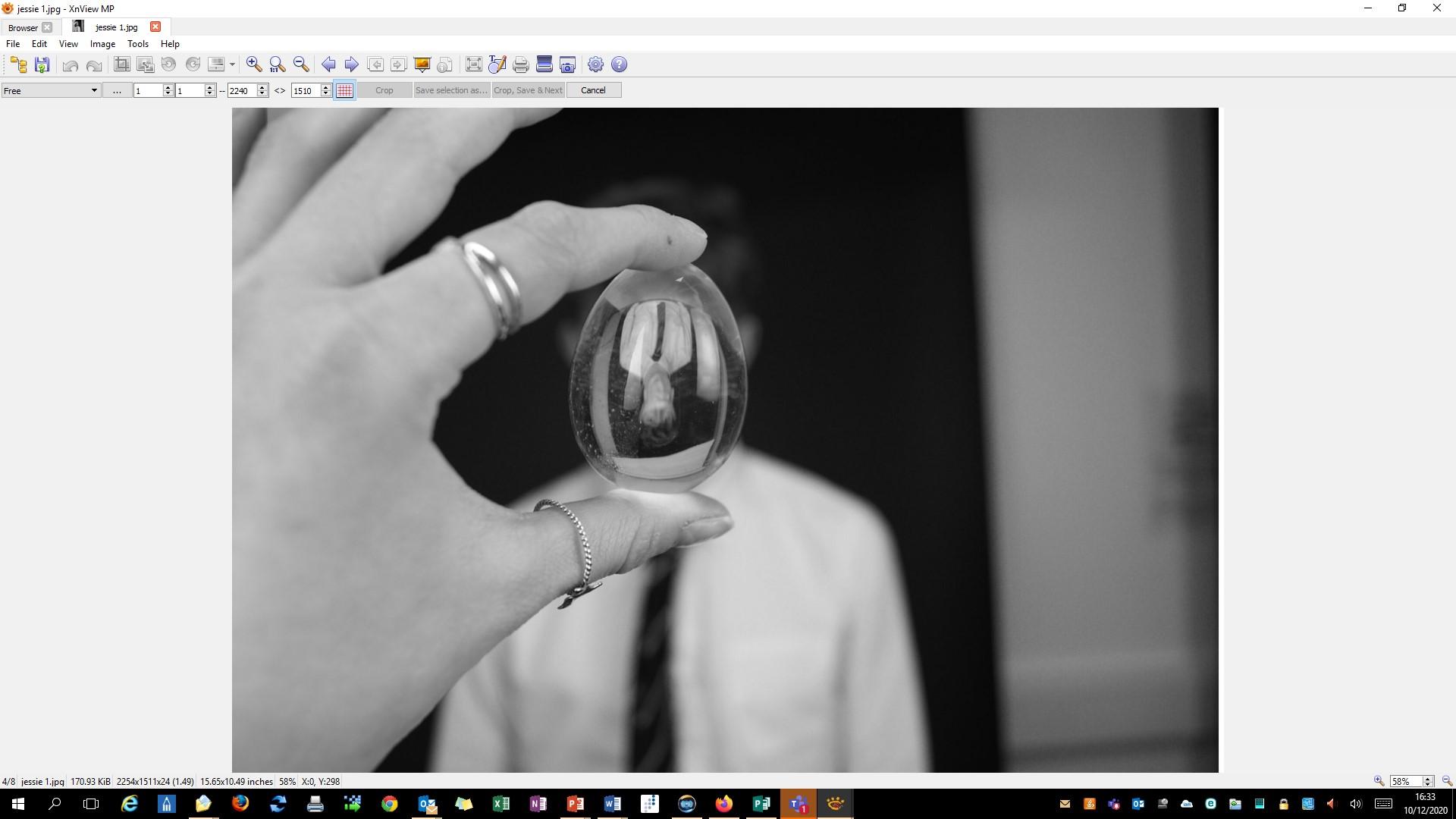
2 minute read
How to Survive Winter
from The Stag Issue 2
by TheStag.
Winter. A gorgeous time of year. The scent of pine trees. Bright colourful lights on the walls. Christmas fills the streets with joy and happiness. But it isn’t like that for everyone. Every year, thousands of people experience more mental health problems as it gets colder but why? Seasonal affective disorder (SAD), also known as winter depression, is a form of depression that people experience during a particular season, most often in winter. According to an NHS survey, 1 in 15 people have symptoms of SAD during winter months but only 12% of people with SAD symptoms are aware of the diagnoses. Symptoms of SAD include: irritability; feeling sleepy during the day; craving carbohydrates which can lead to weight gain; hypersomnia, and difficulty getting up. For some people, this can have a dramatic impact on their day-to-day activities.
1 in 15 people have symptoms of SAD during winter
Advertisement
Although the condition wasn’t studied in great detail, most psychologists suggest that low sunlight is the main cause of SAD. Lack of sunlight could potentially cause the hypothalamus, a gland in the brain that controls feeling of stress, to produce less serotonin, also known as a hormone of happiness, which can negatively affect appetite, sleep, and, most importantly, mood. Furthermore, lack of sunlight can stimulate the hypothalamus to produce more melatonin, the hormone that controls sleep patterns, which can lead to hypersomnia and a feeling of sleepiness throughout the day. Finally, some psychologists believe that lack of sunlight may disrupt the internal body clock which can cause SAD symptoms.
If you recognise any of these SAD symptoms in yourself you should contact your GP for professional health advice. Self-care practices are very important for everyone but especially for people with SAD. Regular physical exercise, preferably outdoors, will not only improve your physical health but also boost your mood. Physical activities increase the production of happy hormones such as serotonin and dopamine as well as lowering the production of melatonin which makes you happier and awake. But one of the key practices of self-care during winter is spending at least thirty minutes a day in the sunlight which can include going for a walk during daylight hours or just sitting near the window. Socialising is also important as it provides new positive experiences. Finally, be kind. Winter is difficult for everyone whether or not they suffer from SAD, so remember to be patient with people and treat everyone like you want them to treat you.







